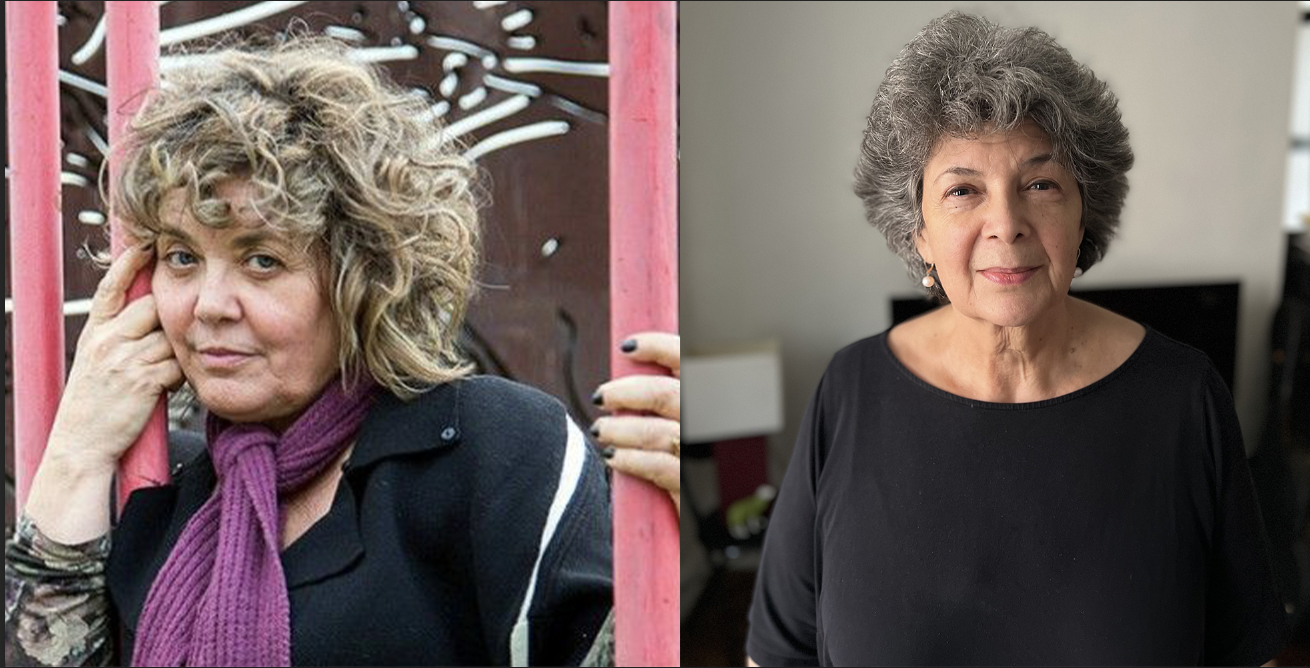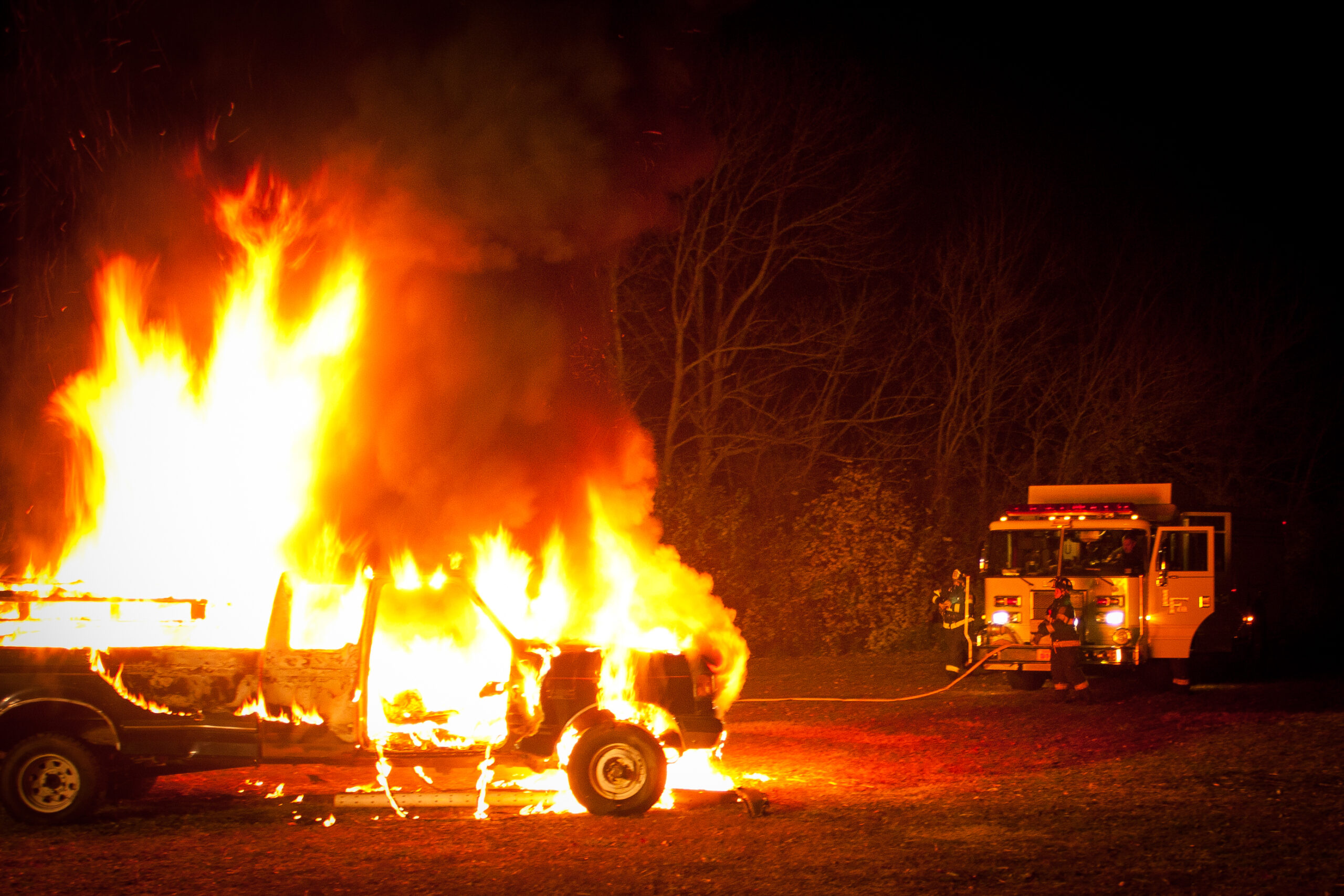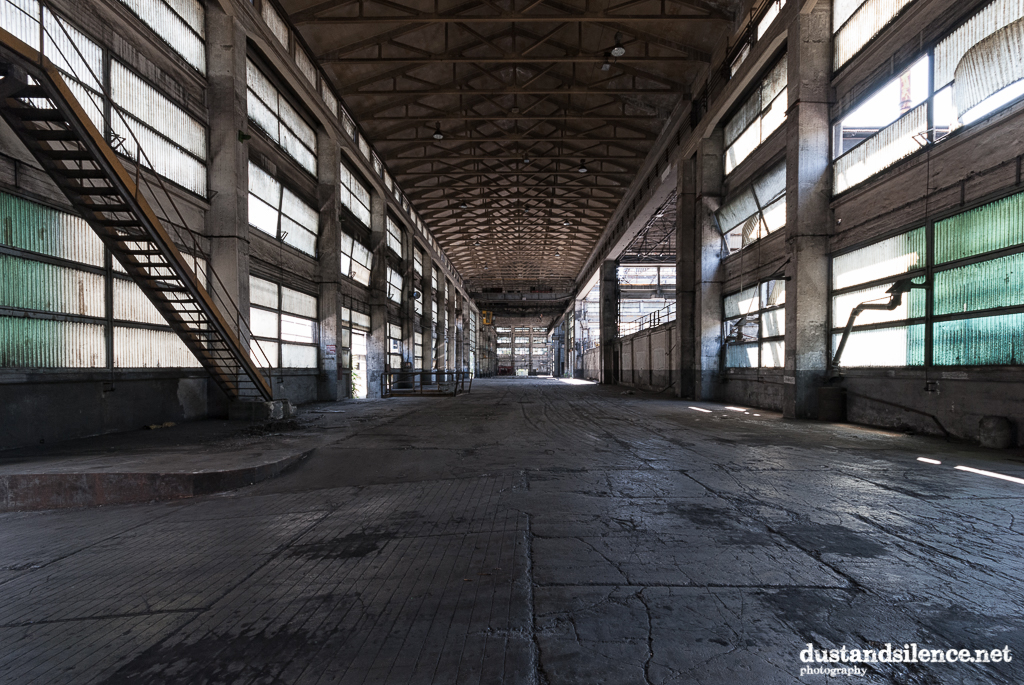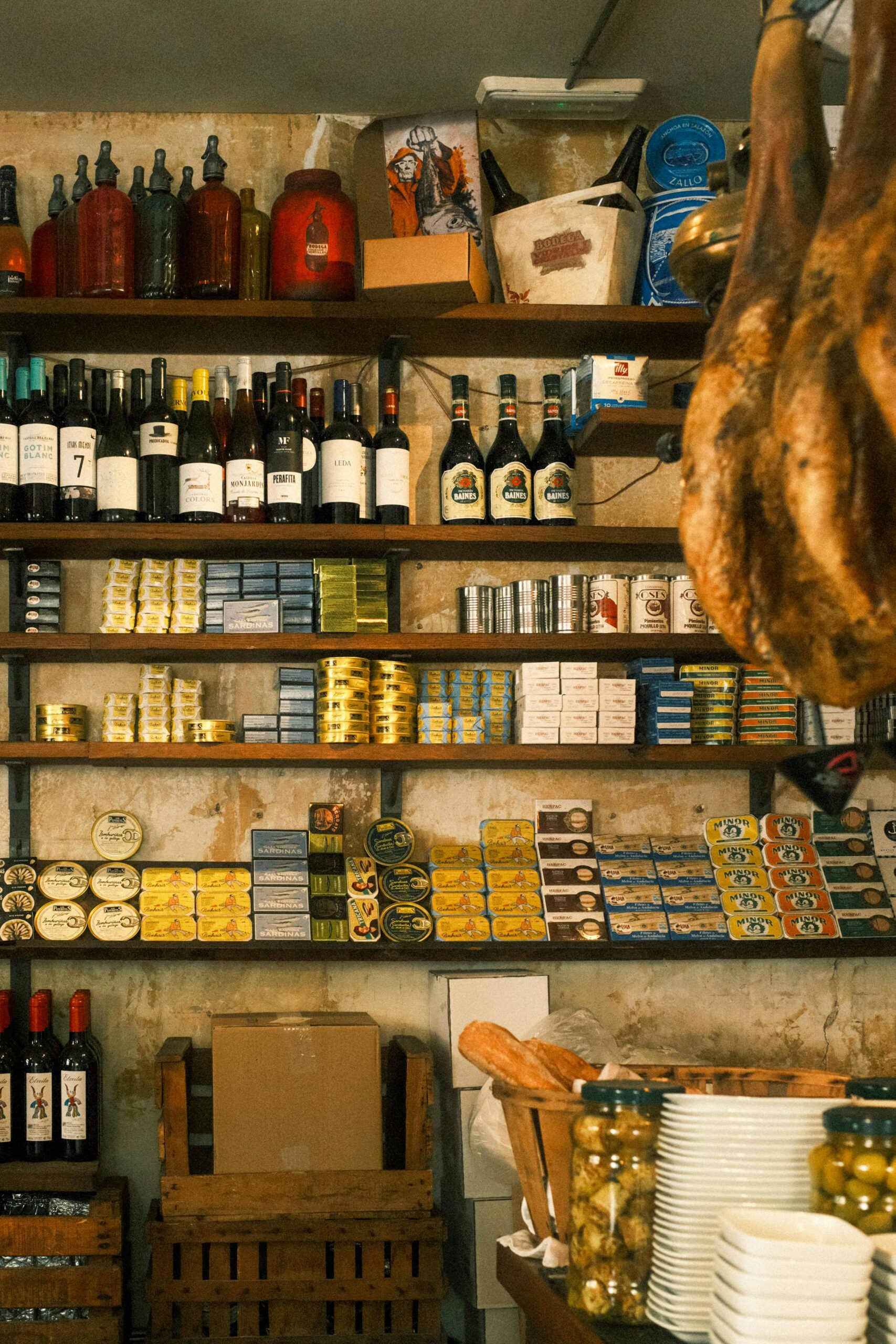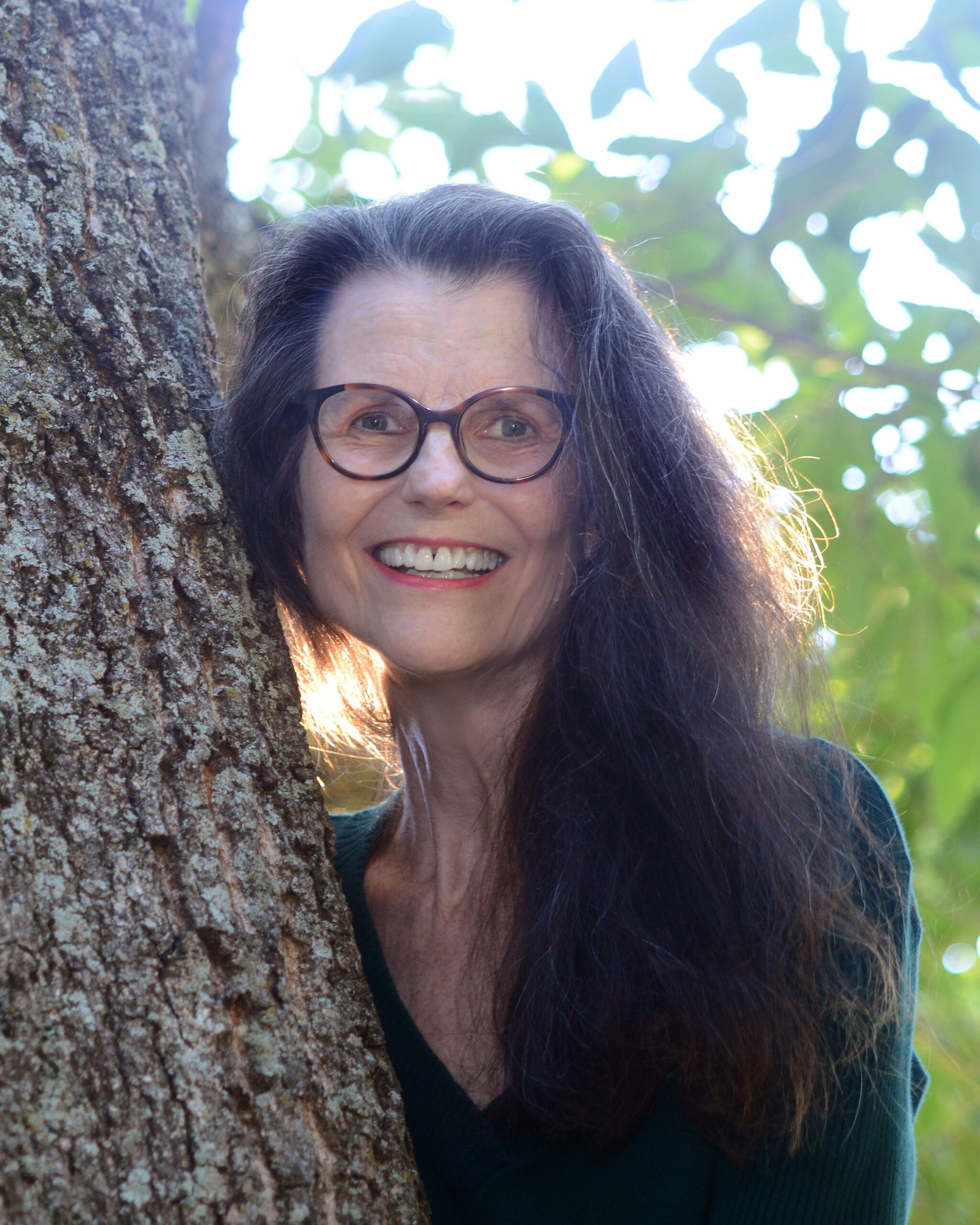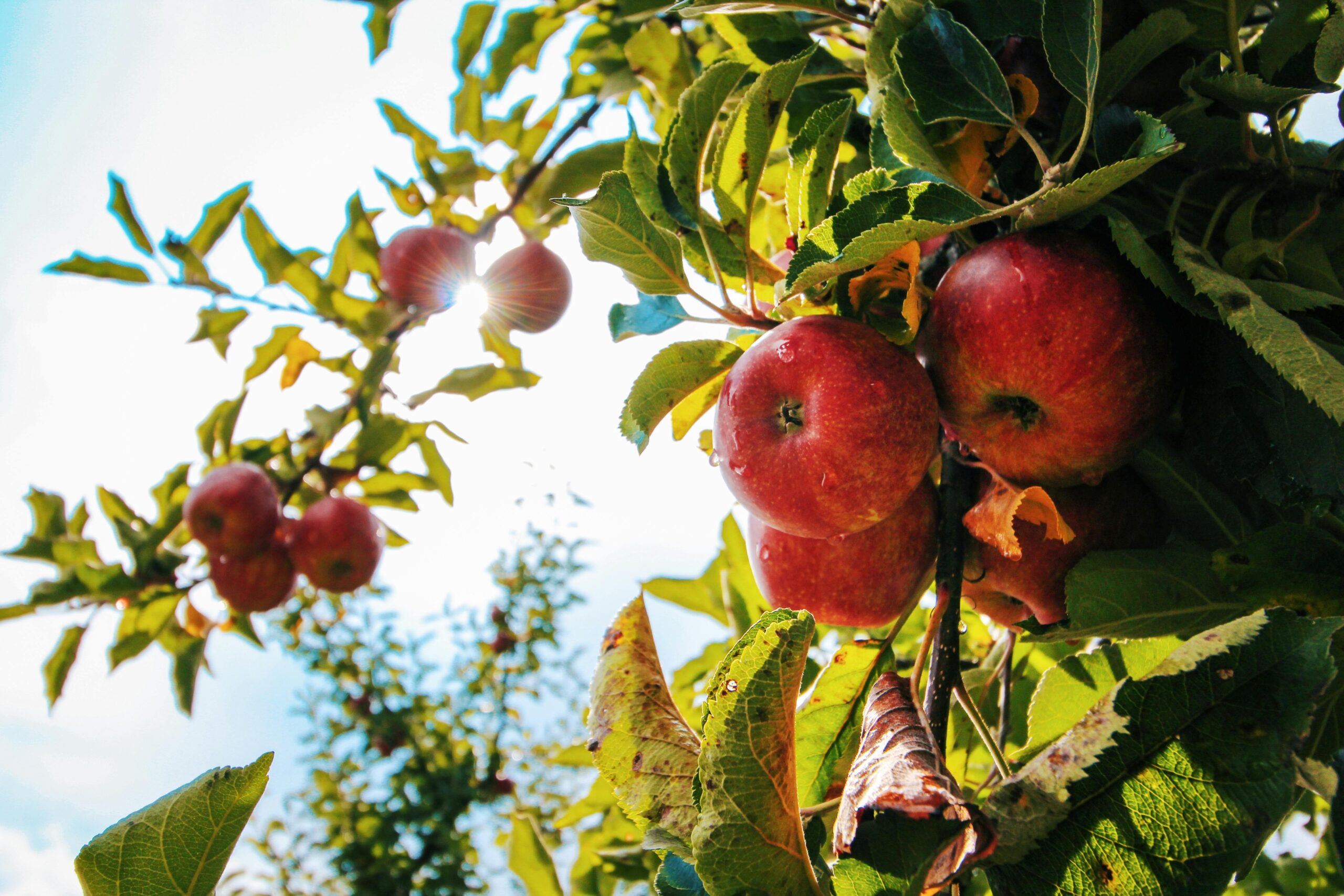1.
In December, one of those nothing afternoons after Christmas, my younger sister Ruth returns to the holiday house, where I am bored with extended family on the stoep. The guests get up, ready to greet them, while my dad finds chairs for her and David. But she pauses with a funny look on her face, as if she’s remembered a dream or eaten something sweet, and says she’s engaged. Now everyone rises, and I make my own lips follow in a smile. David is bashful behind her, accepting hugs and handshakes. I’d like to ask him why he didn’t tell me he was going to propose, ask my parents if they knew. Of course they knew.

